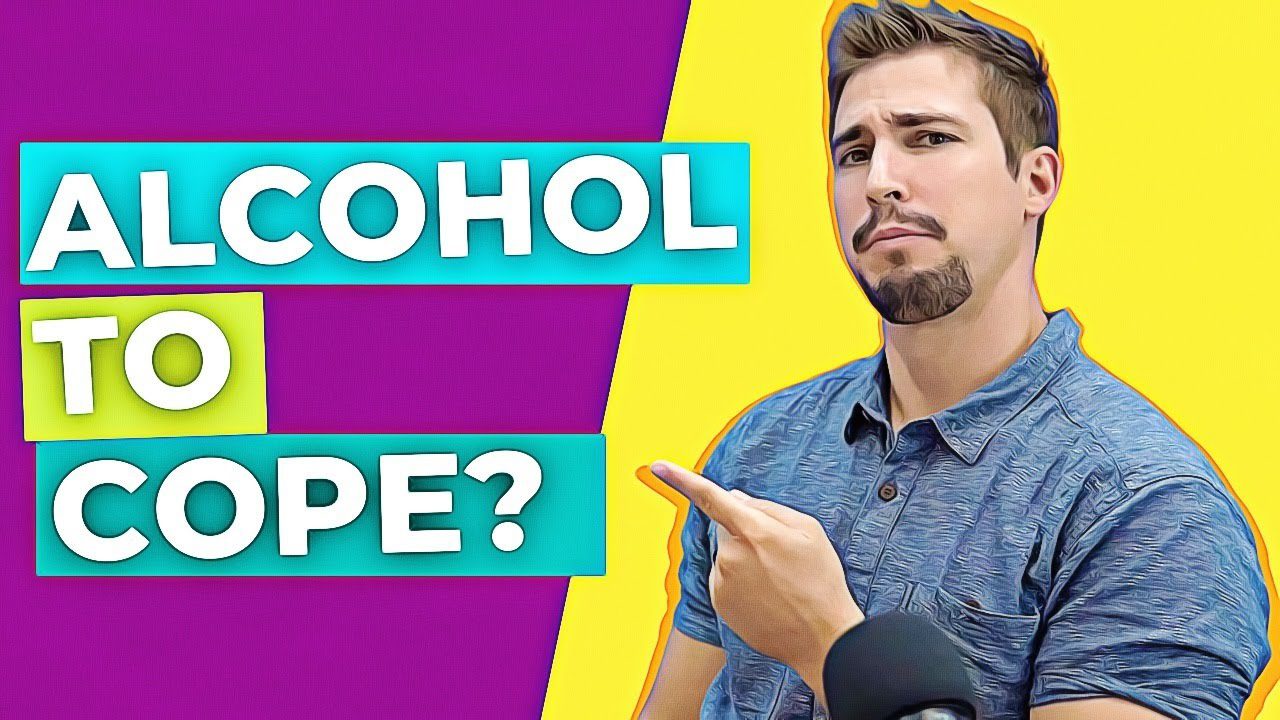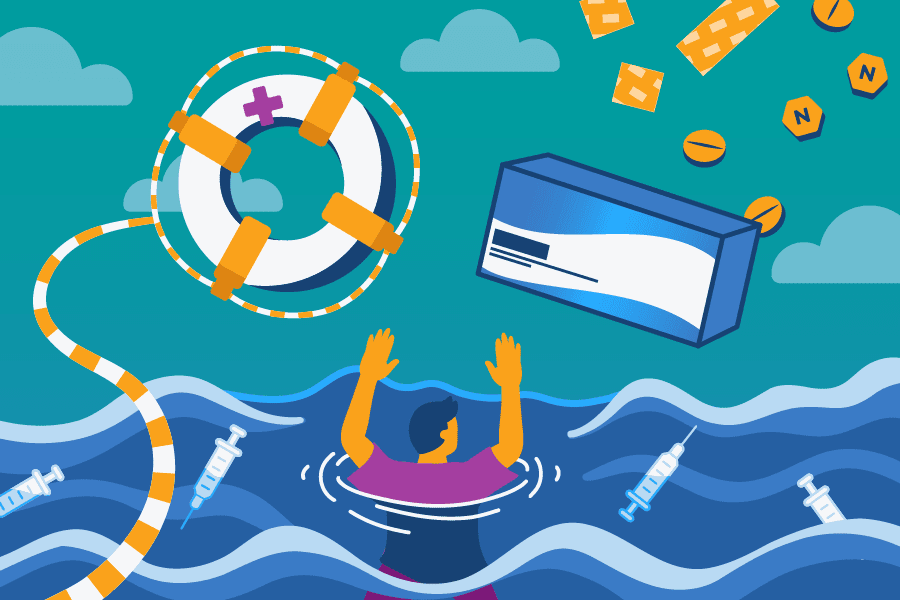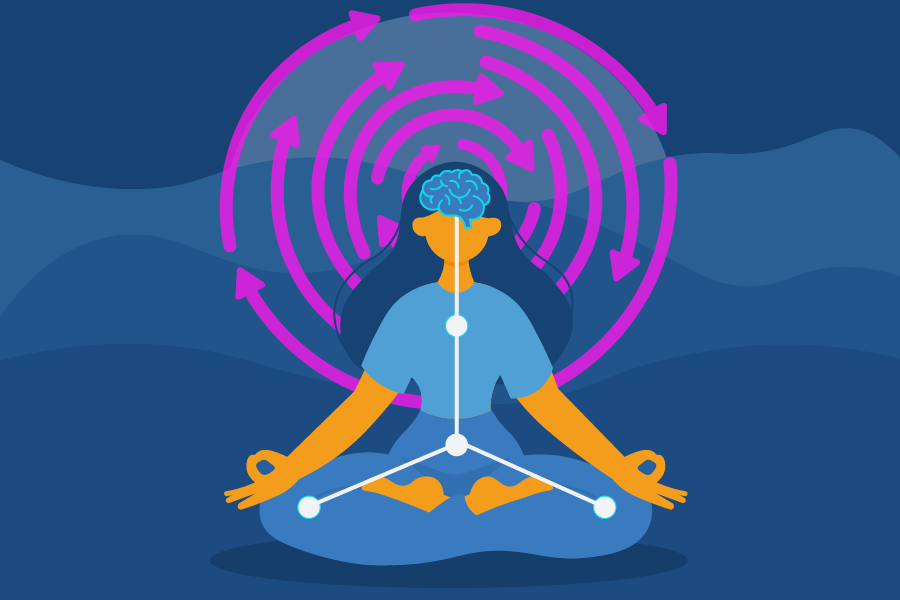How Does Rehab Help People With Alcohol Use Disorder?
Rehab helps people with alcohol use disorder get sober and learn to maintain sobriety.
Rehab for alcohol abuse begins the treatment process. Rehab helps by teaching you skills to stay sober and live a healthy life free of alcohol addiction.
Alcohol use disorder might be caused by underlying mental health issues. During rehab, you can learn about treatment options to deal with underlying disorders.
Rehab gives you a safe and supportive place to begin treatment.
You might need a safe place to deal with withdrawal symptoms. Rehab can be a safe, healthy place for you to go through withdrawal and detox.
Rehab also introduces you to the recovery community. You might find support groups like alcoholics anonymous (AA) and other 12-step programs helpful to your sobriety.
Alcohol use disorder is a treatable disease. Rehab is the first place to begin a long-term treatment plan. With the support and coping skills, you or your loved one can get better and beat your alcohol addiction.
How Does Rehab For Alcohol Addiction Work?
Rehab for alcohol addiction works differently for each person, depending on their needs.
Rehab is usually an inpatient service at an addiction treatment center. “Inpatient” means that you will stay at the facility during your treatment.
Staying at a treatment center helps you by:
- Random testing for alcohol to keep you accountable
- Keeping you away from triggers to use alcohol
- Having staff available for support and help
- Helping you establish a healthy daily routine
- Providing social support during your treatment
By staying in a treatment facility, you benefit from being around others like you. People with alcohol and substance use disorders might feel that no one understands them. You might feel like family members don’t understand why you can’t just stop.
Rehab works by providing support and treatment options for you.
Every person is unique. You might prefer one style of treatment over another. Rehab can introduce you to many treatment approaches.
During alcohol rehab, you might try things like:
- Individual or “talk” therapy
- Group therapy
- Cognitive or dialectical behavioral therapy
- Learning vocational and life skills
- Relapse prevention
- Experiential therapy, like art or music therapy
Alcohol addiction rehab often includes mental health treatment for co-occurring issues like:
- Depression
- Anxiety
- Bipolar disorder
- Post-traumatic stress disorder (PTSD)
- Borderline personality disorder (BPD)
- Other behavioral health issues related to alcohol use disorder
Rehab centers often involve family members in the treatment plan. Support from loved ones will help your treatment and recovery. You might need their support after rehab to maintain sobriety and prevent relapse.
Family members can make up your support system.
You might want additional support from other friends and trusted people. During rehab, you will begin to build your support system.

How Long Does Alcohol Addiction Treatment Last?
Alcohol addiction treatment can last a few weeks to several months, depending on the severity of your addiction.
Some treatment centers have short-term programs of a few weeks. Residential treatment programs usually last two to three months.
Recovery from alcohol use disorder can be a lifelong process.
Treatment is the first step in addiction recovery. You need to work every day to maintain sobriety. Learning how to live a happy and fulfilling life is the goal of addiction recovery.

How Long Is Alcohol Detox In Rehab?
Alcohol detox in rehab can last from about five days to two weeks or more.
The first step to addiction recovery is going through detoxification or “detox.” During detox, you will have withdrawal symptoms.
Alcohol dependence causes withdrawal during detox. Your body might be dependent on alcohol to function normally. Detox is the process of removing substances from your body. Once they are gone, you can regain normal function without them.
Withdrawal symptoms can vary depending on how much alcohol you consume. Withdrawal from the effects of alcohol can also last longer if you have other substance abuse issues.
Be sure to tell your treatment provider if you have other issues with drug abuse besides alcohol. Rehab centers are here to help you. Your withdrawal symptoms might be more intense if you also have a drug addiction.
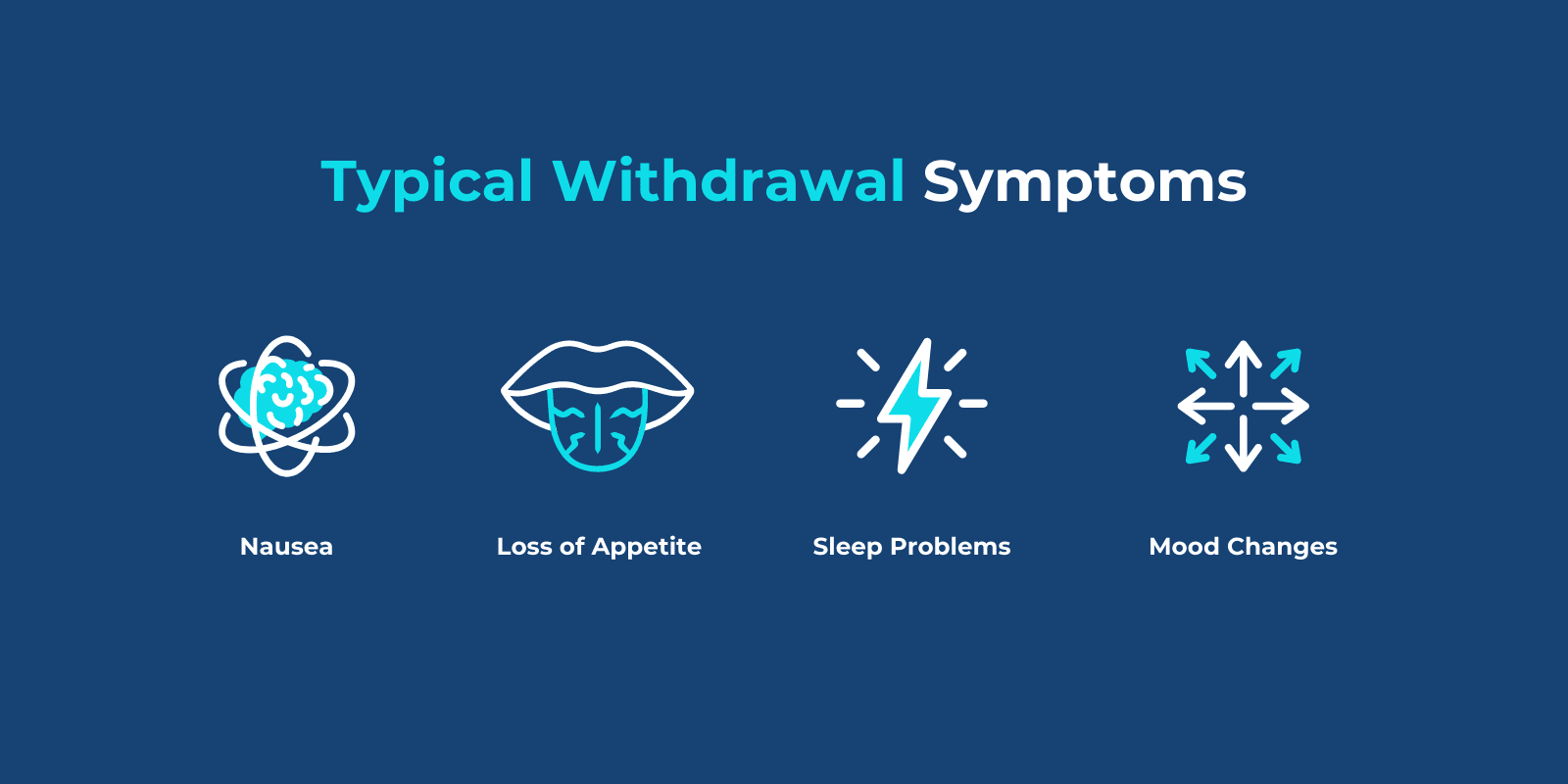
Alcohol withdrawal symptoms might include:
- Nausea and vomiting
- Sleep issues
- Fatigue
- Increased heart rate
- High blood pressure
- Irritability
- Shakes and tremors
- Mood changes
- Headaches
- Loss of appetite
- Difficulty thinking
- Anxiety and depression
- Profuse sweating
Detoxification can be dangerous when you try to do it at home. When you detox in a treatment facility, you get help from health professionals to manage withdrawal symptoms.
To help you stay sober after detox, your health care provider might recommend medication-assisted treatment (MAT).
MAT is often recommended if you struggle with severe withdrawal symptoms during detox. MAT can help you avoid cravings for alcohol during early recovery.
The Food and Drug Administration (FDA) has approved Naltrexone to treat alcohol use disorder. Naltrexone helps reduce cravings as you go through treatment.
Find Detox Centers Near You
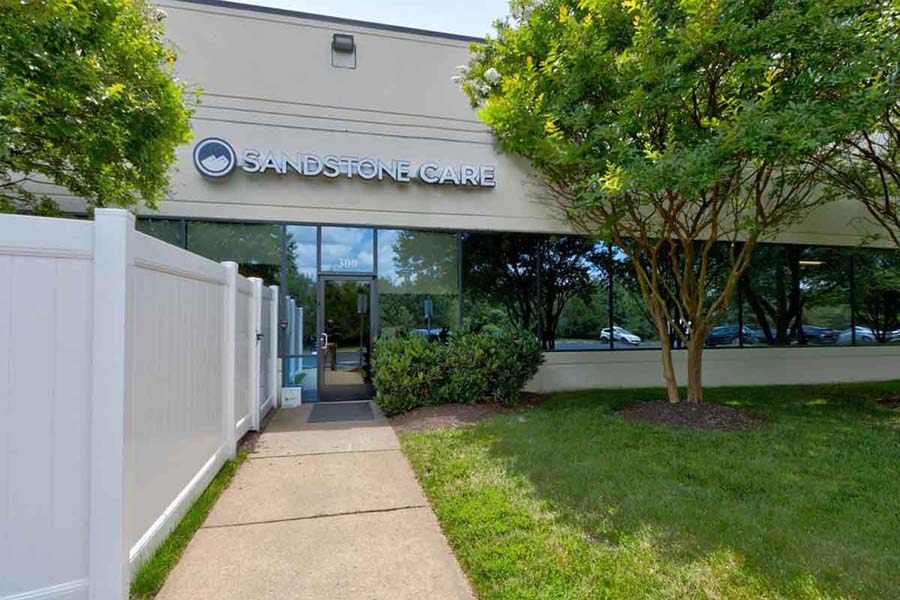
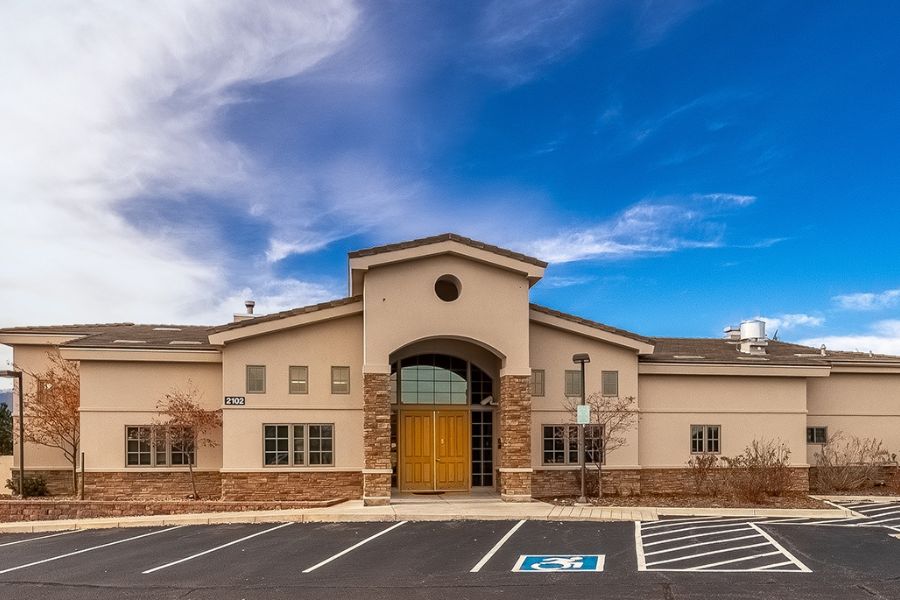
Colorado Springs Detox Center
2102 University Park Blvd, Colorado Springs, Colorado, 80918
(888) 850-1890
How Much Does Alcohol Rehab Cost?
Alcohol rehab costs might vary due to insurance coverage and type of treatment program.
Your insurance plan might cover most of the costs for treatment. You might also need to pay for some out-of-pocket expenses. Insurance will usually cover costs when a medical professional makes a referral.
Different types of treatment can have different costs. Inpatient treatment programs will cost more than outpatient programs.
During inpatient programs, you will live at the treatment facility. It would be best if you considered the treatment costs and other expenses. You are not only paying for professional support. You are also paying for meals and a place to stay.
If you are unsure of costs, call different treatment programs and verify your health insurance coverage. Staff will help you understand the costs. The program might even have scholarships and assistance to defer some of the costs.
What Happens In Inpatient Alcohol Rehab?
Inpatient alcohol rehab includes support groups, individual or group therapy, co-occurring mental health treatment, and beginning long-term addiction recovery.
During inpatient alcohol rehab programs, you can expect:
- Nutritional counseling
- Following a daily routine and schedule
- Learning more about underlying causes of alcohol addiction
- Peer support groups
- Individual and group therapy sessions
- Behavioral treatment to help you manage cravings, urges, and triggers of alcohol abuse
- Learning relapse prevention skills for successful addiction recovery
Each inpatient rehab program might be different depending on your needs and peer group. For example, a program for teenagers might be different than one for older adults.

Is There Outpatient Treatment For Alcohol Addiction?
Yes, there are many options for outpatient treatment for alcohol addiction.
Intensive outpatient programs (IOP) might be helpful for you. If you have a stable place to live during treatment, IOP could be your best option. IOP programs are flexible for your school or work schedule.
Most IOP programs last a few hours after normal business hours. IOP provides professional support while teaching lifelong skills to maintain sobriety. You also get the benefit of peer recovery support during IOP.
Partial Hospitalization Programs (PHP) are another type of outpatient treatment. PHP is often a step down from inpatient hospitalization. PHP is less flexible in its schedule and requires more time than IOP programs.
The main difference between IOP and PHP is the intensity of each program.
Both IOP and PHP can be aftercare programs from inpatient care. PHP is for people who are at a higher risk of relapse. IOP is better for those who are in a more stable place.
The type of program that you need depends on where you are in your addiction recovery. If you cannot maintain sobriety in your home, inpatient treatment might be best.
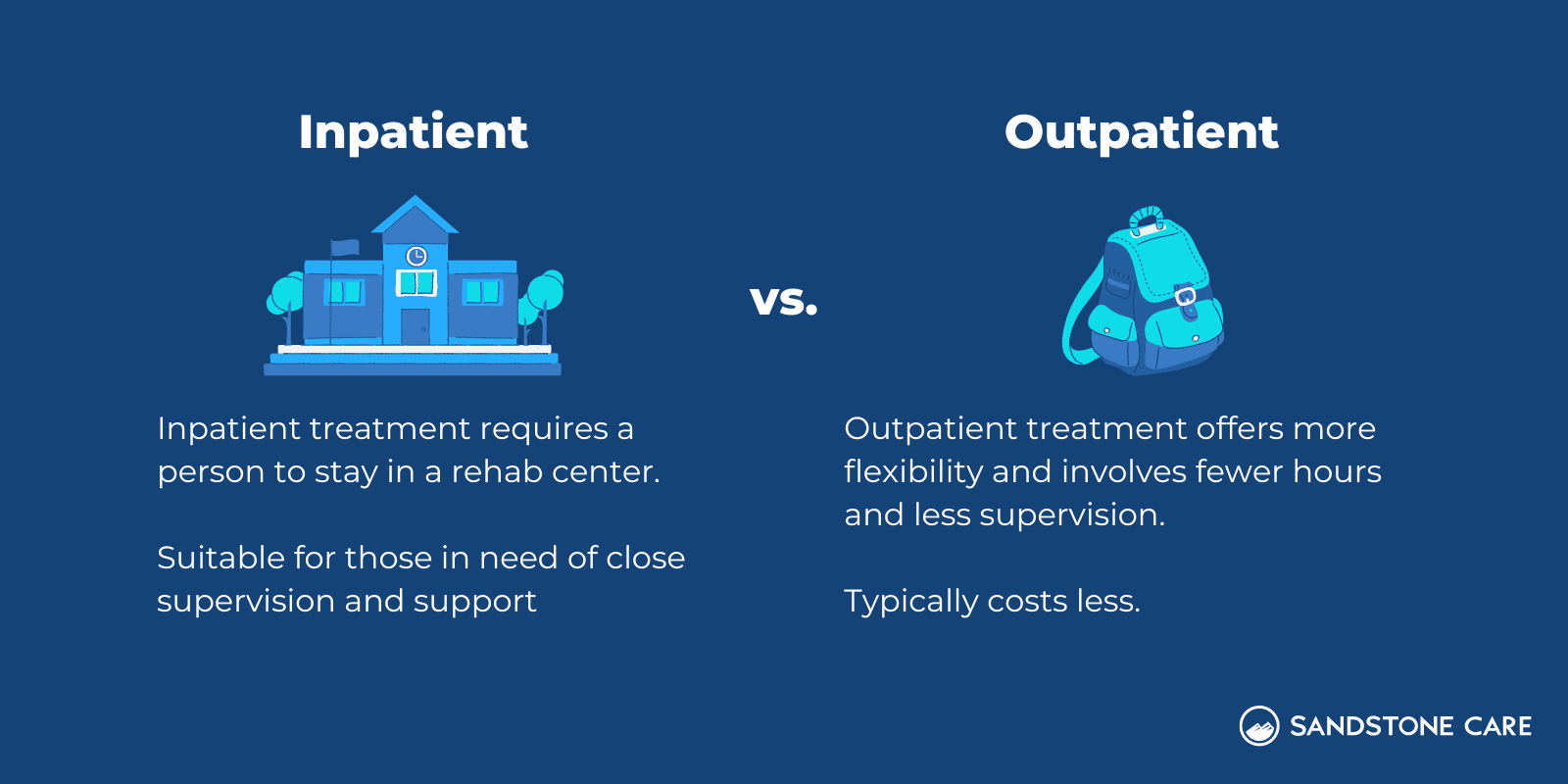
When To Go To Rehab For Alcohol (Checklist)
If you notice warning signs like these, it might be time for you or a loved one to go to rehab for alcohol:
- Health problems from drinking
- Injury while drinking from falling or getting into an accident
- Withdrawal symptoms when not drinking
- Getting in legal trouble, like drunk driving or public intoxication
- Lying to others about your drinking
- School and work issues caused by alcohol abuse
- Regularly blacking out while drinking
- Needing more and more alcohol for the same effect
- Neglecting everything else in life for alcohol
- Drinking to self-medicate for a mental health issue
- Unable to reduce or quit drinking on your own
If any of these issues apply to you or a loved one, then alcohol treatment might be the next step to prevent the issues from getting worse.
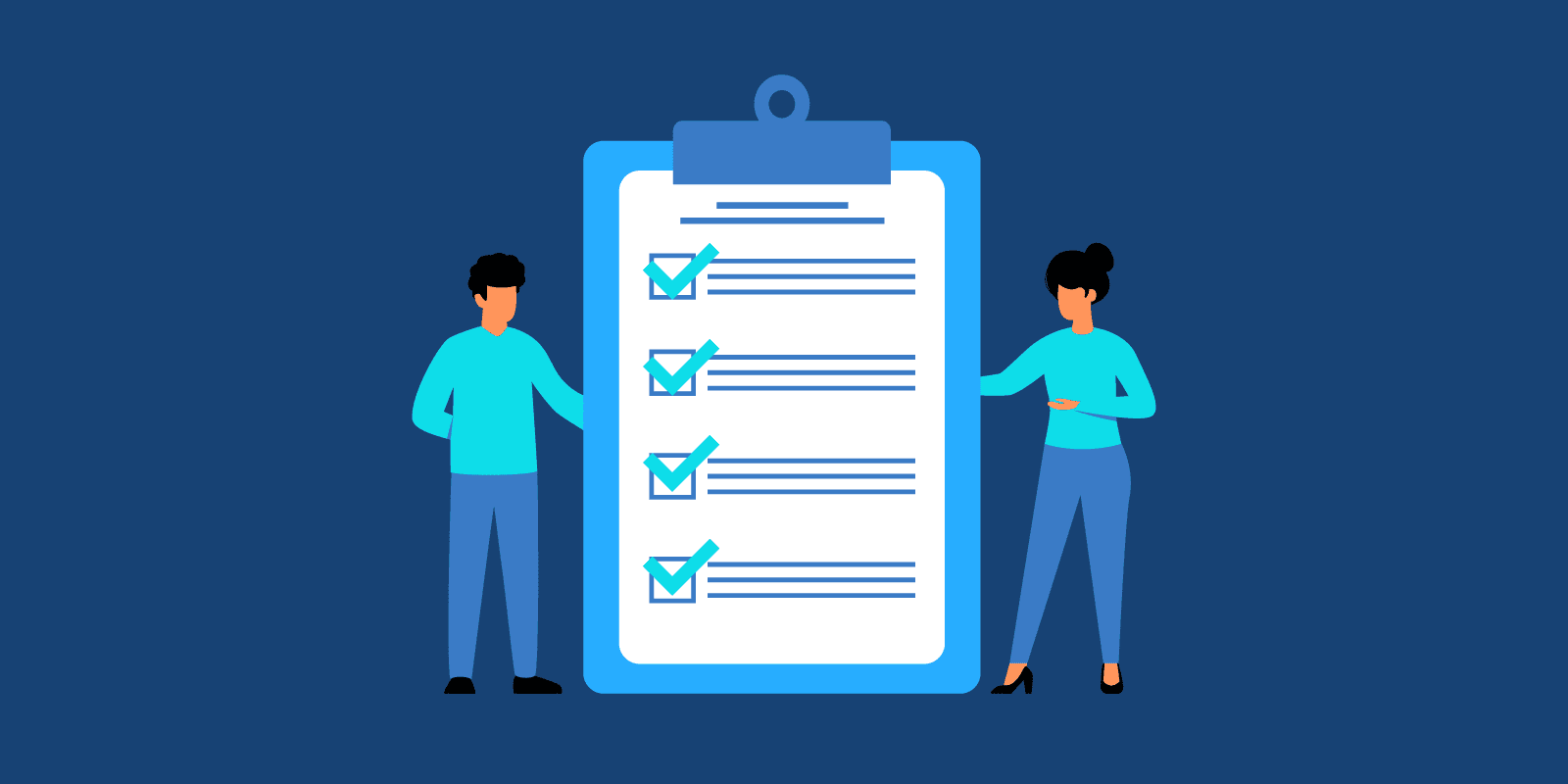
How Is Mental Health Addressed In Rehab For Alcohol?
Mental health issues are addressed as co-occurring issues during rehab for alcohol.
According to the Substance Abuse and Mental Health Services Administration (SAMHSA), “People with mental illness are more likely to experience a substance use disorder than those not affected by a mental illness.”
Many people with addiction also have an underlying mental health issue. These disorders might cause the addiction or make it worse. Most treatment programs for alcohol and substance use disorder address mental health concerns.
Mental health clinicians offer support during rehab. You might see a therapist or a psychiatrist during your treatment program.
What Are Some Signs That My Child May Be A Problem Drinker?
There are many signs to look out for that might mean your child is a problem drinker.
The National Institute on Alcohol Abuse and Alcoholism (NIAAA) states that some signs of alcohol or drug use might “reflect normal teenage growing pains.”
Your child might have a drinking problem “if you notice several of these signs at the same time, if they occur suddenly, and if some of them are extreme in nature.”
Signs of alcohol problems include:
- Significant and sudden changes in mood
- Lack of interest in hobbies and pleasurable activities
- Rebellious behaviors, like talking back, storming out of the house, and staying out late
- Sudden changes in friendships
- Being secretive about where they are going or who they spend time with
- Problems at school, like poor grades, skipping class, or behavioral issues
- Acting like “nothing matters” (i.e., poor hygiene and lack of enthusiasm or energy)
- Physical issues, like bloodshot eyes, fatigue, and poor coordination
- Mental issues, like lack of focus and concentration
- Finding alcohol in their room or backpack
- Smelling alcohol on their breath
If you notice these signs seemingly coming out of nowhere or these behaviors are intense, your child might have a drinking or substance abuse issue.
If you see these signs, don’t panic or get angry with your kid. You want to approach your child from a loving and caring place.
Of course, you will feel upset, sad, disappointed, or angry. That is natural. You want to process your feelings on your own so that you are not reacting to your child from an emotional space.
How Can I Get Myself Or My Loved One Into Rehab For Alcohol Addiction?
You can get yourself or your loved one into rehab for alcohol addiction by researching a center or getting a referral from a health care provider.
The best thing you can do is learn more about different types of treatment. When you have options for yourself or a loved one, you are more likely to find something you can afford which will suit your needs.
You or your loved one might find alcohol treatment rigid and challenging. You might have a job, kids, or school and feel that rehab will get in the way. Consider all your options to find a treatment program that works for you.
Once you find a suitable program, call the treatment center and ask questions, like:
- Will they accept your health insurance plan?
- How long does their program last?
- Do they offer an inpatient or outpatient treatment program?
- Do they have follow-up care after rehab to prevent relapse?
- Can they treat a co-occurring mental illness (if needed)?
- Ask about the types of treatment that they offer:
- Do you need to detox before admission?
- Do they offer group, individual, or family therapy?
- Do they offer support groups for families?
- Can you continue normal psychiatry or therapy appointments while in treatment (if you already see mental health professionals)?
If you have concerns about yourself or a loved one due to alcohol abuse, talk to your primary care physician, or other trusted professional. They might have ideas and recommendations for a recovery program that will work for your needs.

Can You Make Someone Go To Rehab For Alcohol?
Unfortunately, you cannot make someone go to rehab for alcohol.
Parents of teenagers with alcohol addiction might have more power to get their kids into rehab or inpatient hospitalization. But, once kids reach age 18, getting them into treatment can be difficult.
Interventions can be one step to getting someone into treatment. You might have a brief intervention where friends and family members meet with your loved one with alcohol addiction.
During an intervention, you and others take turns talking to the person about how their addiction makes you feel. This is not a place for blame or shaming! Rather, an intervention is about showing the other person how much you care about them and want them to get help.
The goal of an intervention is to get your loved one into a treatment program. It would be best if you had options ready for them to consider. You might want to have a list of both inpatient and outpatient programs.
Be sure to have options ready for your loved one’s treatment!
You and your loved one might have different ideas about what they need. You might think they need intense inpatient treatment. But, they might only be willing to attend outpatient therapy once a week.
Your loved one might be in denial or unaware of the issue. They might have fears or concerns about rehab. By doing research, you can help inform them of their treatment options.
Some treatment facilities might help you host the intervention. They can also answer any questions your loved one might have about treatment.
Family members often struggle with their own emotions about a loved one’s alcohol addiction.
You might want to consider getting support for yourself. Support groups like Al-Anon can help families learn how to help their loved one while also helping themselves. Al-Anon members can also support you when planning an intervention.

What Is The Best Rehab Center For Alcoholism?
The best rehab center for alcoholism depends on how well they can meet your needs.
Most rehab centers provide both alcohol and substance abuse treatment. Many struggling with addiction share similar issues, regardless of the substances used.
The best rehab centers offer comprehensive treatment with a focus on:
- Treating co-occurring mental health disorders
- Focused on lifelong addiction recovery
- Helping you build a social support system
- Offer detox to help you withdrawal from the physical and mental effects of alcohol
- Building a safe, supportive, and inclusive environment
- Variety of treatment options, like psychotherapy, support groups, experiential therapy, and others
- Vocational and social skills training
- Family therapy to help family members understand alcohol and substance use disorders
- Relapse prevention skills to help you maintain sobriety
- Step down programs for follow up care after inpatient treatment
When a rehab center for alcohol abuse contains these elements and a personalized approach, you or your loved one will have the best chance of recovering from alcohol addiction.
You or your loved one might have several questions about entering an alcohol rehab program. Sandstone Care can help young adults and teens recover from co-occurring mental health and alcohol use disorders. Call us today at (888) 850-1890.


